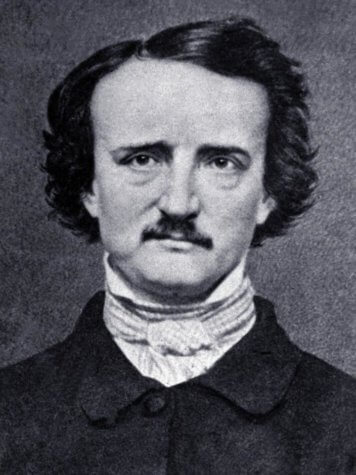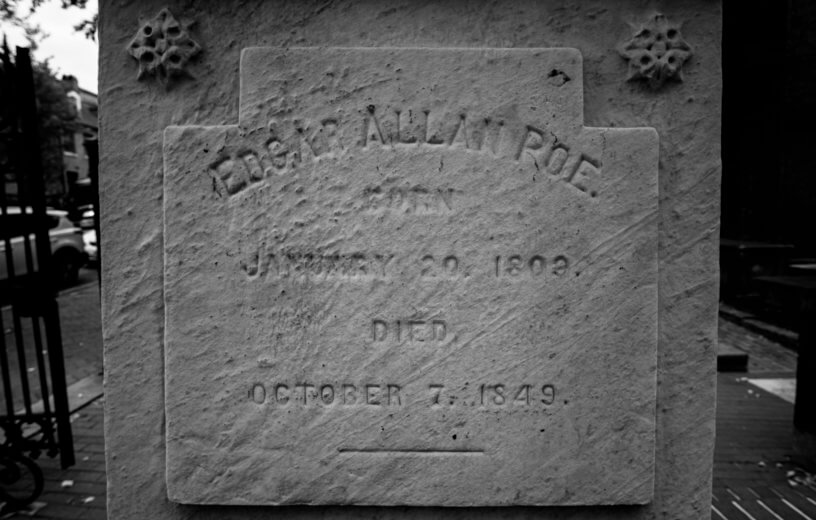LANCASHIRE, England — Edgar Allan Poe, known for literary classics like The Raven and The Cask of Amontillado, is considered the original king of the macabre. Poe is a curious, almost larger than life historical figure known for his penchant for binge drinking, depression, and among many other unique features, marrying his cousin who was 13-years old at the time of the wedding. One of the most mysterious aspects of Poe’s legacy is his untimely death at the age of 40 after being found “delirious” and in “great distress” on the streets of Baltimore. The author was incoherent, rambling, and wearing someone else’s clothes when he was discovered, and after a few days spent in a local hospital he passed away.
Many believe that the author’s death was a deliberate act, but researchers at Lancaster University are challenging the notion that Poe killed himself.

Poe’s official death certificate was lost a long time ago, and a myriad of explanations have been proposed as to what exactly killed him; ranging from rabies to “brain congestion.” Suicide, though, has always been among the most widely believed possibilities. One of Poe’s greatest contemporaries, the poet Charles Baudelaire is reported to have said that Poe’s death was “almost a suicide, a suicide prepared for a long time.”
So, why after all this time, are a team of researchers so sure that the profound writer didn’t kill himself? The study’s authors, which included contributors from University of Texas at Austin, say that Poe’s “psychological markers” of depression just aren’t consistent with someone interested in taking their own life. They came to their conclusions by performing a computational analysis of his writing.
“My hunch is that he was indeed spiraling into a depression toward the end of his life, but that he didn’t kill himself,” comments Dr. Ryan Boyd, a psychologist at Lancaster University, in a release.
A great deal of Poe’s writing was analyzed by a computer for the study; 309 of his personal letters, 49 poems, and 63 short stories. The researchers intended to determine if his work showed a pattern of linguistic cues commonly associated with suicidal thoughts, especially towards the end of his life.
More specifically, five measures used to diagnose depression and suicide were focused on:
- Increased use of first-person singular pronouns (I, me, and my)
- Lots of negative emotion words (sad, angry)
- Cognitive processing words (understand, think, know)
- Very few positive emotion words (good, happy)
- Very few first-person plural words (we, us, our)
These written signs of depression did in fact surge during noted dark period in Poe’s life, such as following the death of his wife, but they didn’t rise in the lead up to his death.
“Significant, consistent patterns of depression were not found and do not support suicide as a cause of death. However, linguistic evidence was found suggesting the presence of several potential depressive episodes over the course of Poe’s life – these episodes were the most pronounced during years of Poe’s greatest success, as well as those following the death of his late wife,” the study reads.
Even more fascinating, the analysis revealed that Poe seemed to be at his most despondent when he was experiencing literary success and acknowledgement. In all, the study depicts an image of a writer who struggled greatly with his own psyche and success, but the signs just aren’t there that he was particularly suicidal in the weeks leading to his death.
“Our analyses suggest that he struggled deeply with success, with linguistic markers of depression peaking during the times of his greatest fame and popularity in 1843, 1845 and 1849,” the researchers concludes.
The study is published in the Journal of Affective Disorders.
